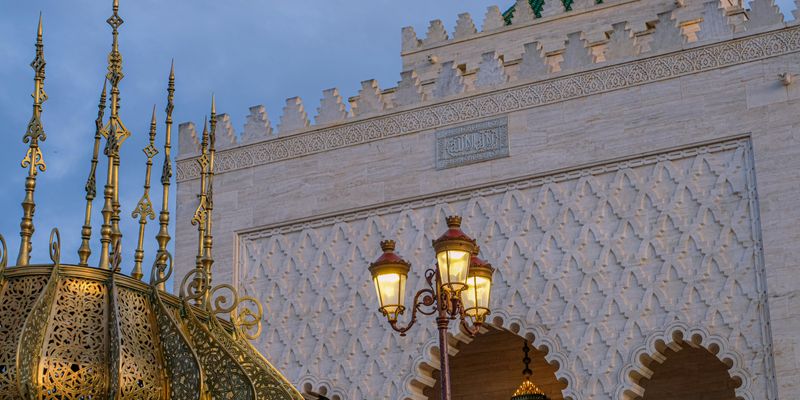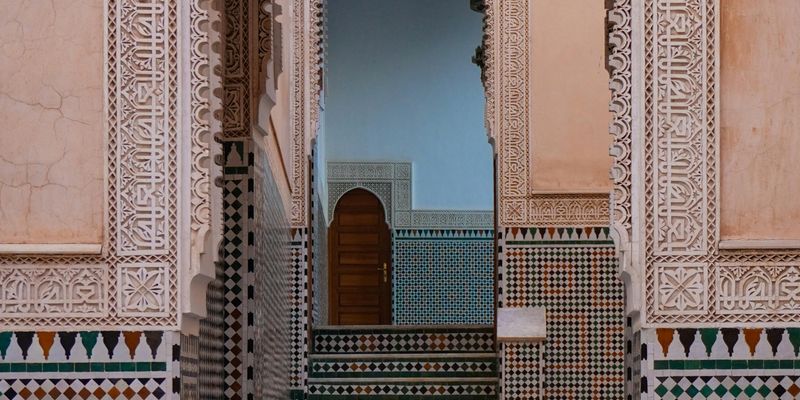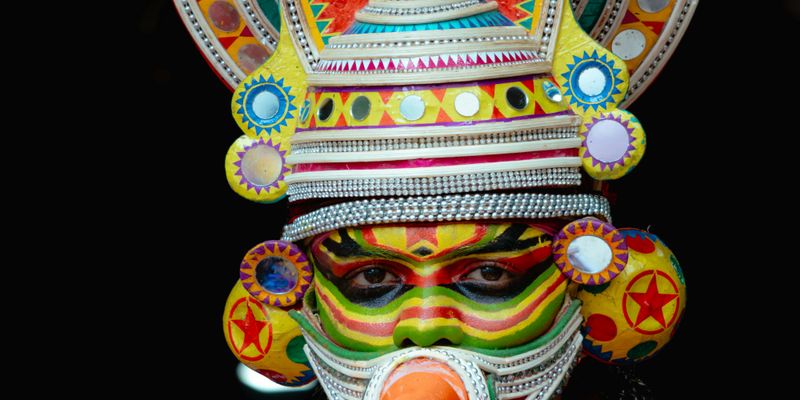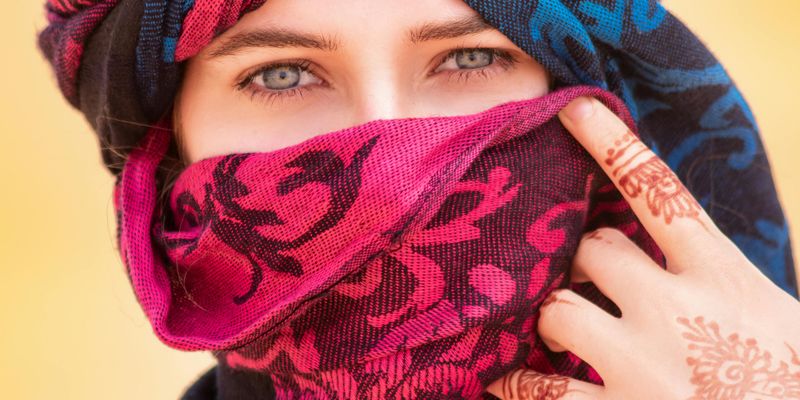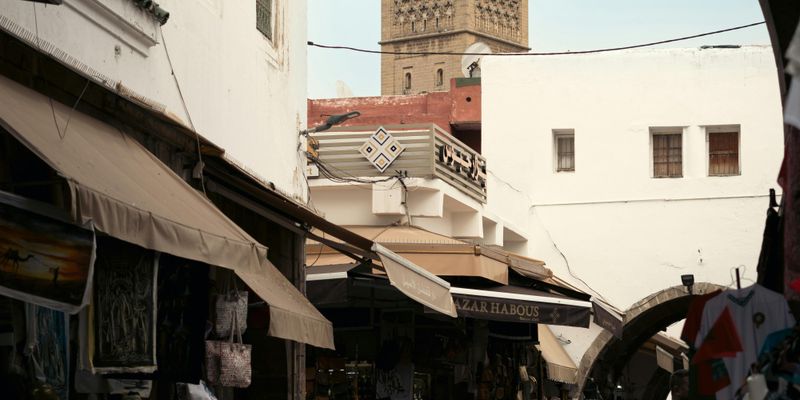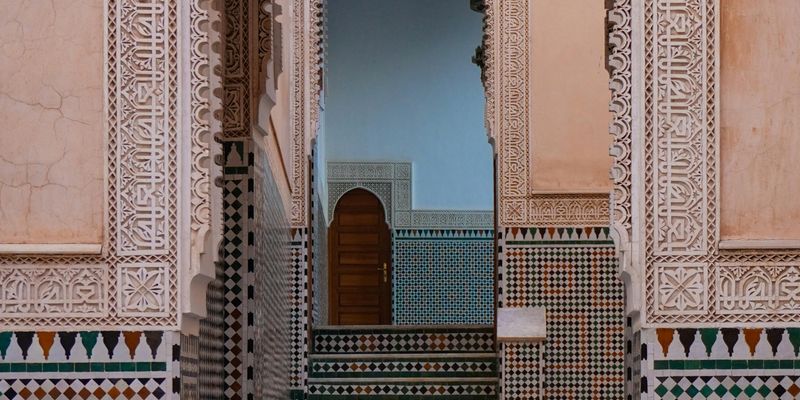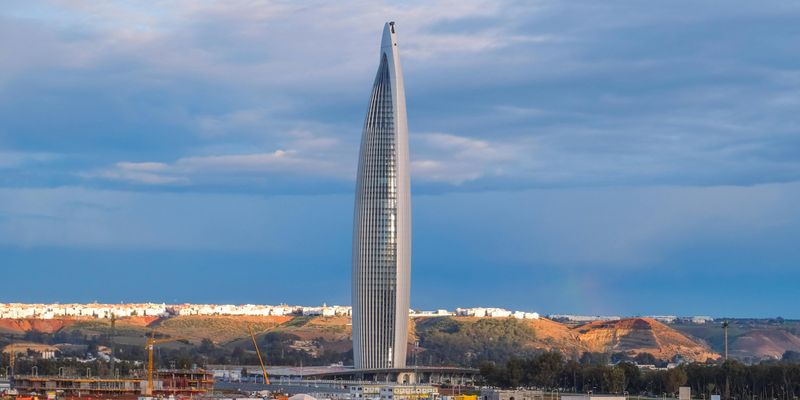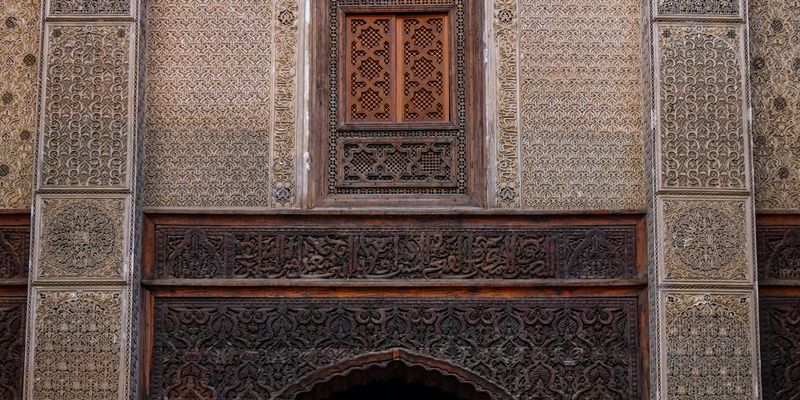
Introduction: The Heart of Moroccan Culture
When one thinks of Morocco, the vibrancy of its souks (markets), the fragrant spices, and the stunning landscapes often come to mind. However, hidden within this diverse tapestry is a rich literary tradition that whispers beauty through poetry. Moroccan poetry is not merely an art form; it is a vital expression of identity, history, and an intimate connection to the soul of the nation.
A Tapestry of Languages and Dialects
Morocco's linguistic landscape is as varied as its geography. Arabic and Berber are the dominant languages, and they cradle a treasure trove of poetic forms. The impact of French colonialism has also introduced European nuances, creating a melting pot of styles that echo through the verses penned by Moroccan poets.
One beloved poetry form is the ghazal, which originated in Arabic literature and has evolved over centuries. These lyrical poems often delve into themes of love, loss, and beauty, encapsulating emotions in graceful couplets. In Morocco, poets like Abdelwahab Meddeb have infused modern sensibilities into this ancient format, bridging the past and present.
The Essence of Moroccan Poetry
Every poem carries a unique narrative—whether it’s a reflection of the poet's personal journey or a commentary on societal issues. What stands out in Moroccan poetry is its incredible ability to evoke the senses. Lines that describe the sweetness of mhancha (a type of snake pastry) or the mesmerizing beauty of the Sahara stretch beyond mere words, inviting readers into a world rich with color and emotion.
One remarkable aspect of this poetic tradition is the proverbial verse. From the shimmering dunes of Merzouga to bustling Marrakech, proverbs weave wisdom into everyday life. Each verse reflects a shared experience and collective memory, fostering a profound connection among the people.
Poets as Cultural Ambassadors
Many Moroccan poets serve as cultural ambassadors, using their words to bridge gaps between worlds. Poets like Mohammed Khaïr-Eddine have captured the essence of contemporary Moroccan life, highlighting the joys, struggles, and the ever-present hope that resonates within the Moroccan spirit. Their work often explores identity, migration, and the winds of change that shape the future.
The Moulay Ismail Festival of Culture, held annually in Meknes, showcases these poets, allowing locals and visitors alike to immerse themselves in the rhythms of Moroccan life through poetry readings, musical performances, and storytelling sessions. This festival is a testament to the ongoing love affair the nation has with its literary heritage.
Encouraging the Next Generation
As cultural dialogues evolve, so does the role of poetry in modern Moroccan society. Many organizations, like the Poetry Circle of Casablanca, actively promote creative writing among youth. Workshops and competitions encourage young poets to explore their voices, tackling social issues while preserving the beauty of the Moroccan language.
In classrooms across the country, teachers impart the poetic tradition to students, fostering a sense of pride in their heritage while encouraging them to express themselves creatively. This evolution ensures that the beauty of Moroccan poetry will continue to flourish for generations to come.
Conclusion: Poetry as a Living Tradition
In Morocco, poetry is not just an art form; it envelops daily life, encapsulating the nation's essence in a tapestry of language and feeling. It whispers tales of love and longing, of sorrow and joy, thus inviting everyone—from residents to travelers—to delve deeper into the heart of Moroccan culture. So, whether wandering through the winding alleys of Fez or sitting under the stars in the Sahara, take a moment to listen closely to the verses that dance in the air—because in Morocco, the beauty of poetry is always present, whispering timeless tales of life.
